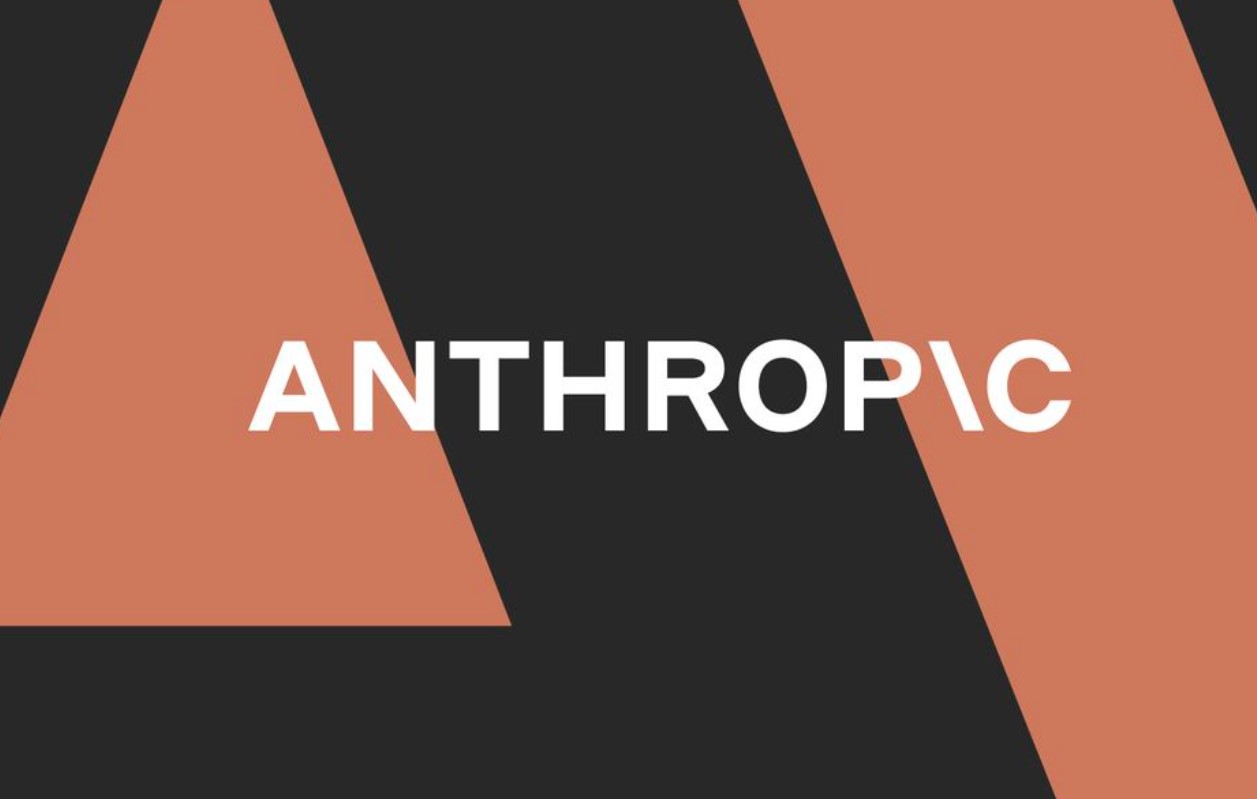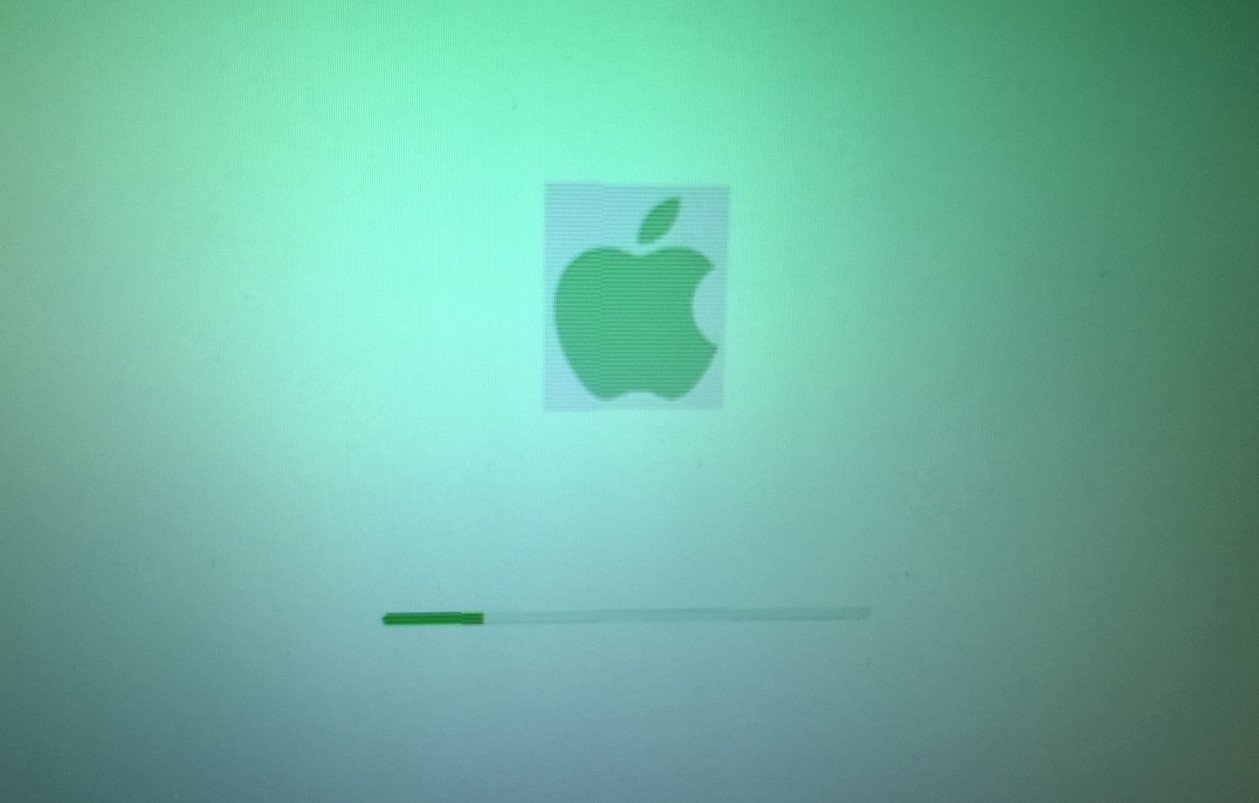News
Anthropic Quietly Preps Claude Sonnet 4 and Opus 4 in What Could Be Its Biggest AI Leap Yet
Anthropic has quietly slipped references to new AI models — Claude Sonnet 4 and Opus 4 — into its backend configuration files. They haven’t announced anything publicly. But the clues are all there, and they’re hard to ignore.
It looks like the next chapter in Anthropic’s Claude series is coming, whether the company is ready to talk about it or not.
Quiet Clues, Big Implications
The hints started showing up in web configuration files — not a flashy press release, not a demo, just lines of code. But within that quiet update were several notable entries: “Claude Sonnet 4,” “Claude Opus 4,” and simply “Claude 4.”
If you’ve been following Anthropic’s naming convention, this is a big tell. “Sonnet” and “Opus” are tiered variants in the Claude lineup. Opus is typically the top-shelf model, while Sonnet offers a more affordable, responsive option. Seeing both at version 4 strongly suggests we’re looking at a major new generation of AI — Claude 4.
One particular internal tag read “Not intended for production use.” Another was marked by “strict rate limits.” That points to something under development, maybe being alpha tested, possibly even shared with trusted partners.
And here’s where it gets interesting: one of the new features referenced is “show_raw_thinking.” That’s a phrase that immediately makes you pause. It suggests the model might have the ability to externalize its reasoning process — possibly in a way more transparent than anything we’ve seen before.
What Might “Show Raw Thinking” Actually Mean?
Nobody at Anthropic is saying anything yet. But AI researchers and developers online have already begun speculating.
Some say this feature could let the model break down step-by-step reasoning live as it solves a problem. Others think it might be Anthropic’s version of “chain-of-thought” style prompting — but built in as a default behavior, not just something you have to manually prompt it to do.
Think of it like watching a chess player narrate their every thought out loud — in real time — before making a move.
If this is true, it could make Claude 4 one of the most transparent large language models in the market. That’s a huge deal for industries that need to trust what the AI is doing, like legal, finance, or medicine.
The Bigger Picture: AI Arms Race Intensifies
Anthropic’s quiet moves come in the middle of an increasingly loud AI arms race.
OpenAI, its more extroverted rival, has just launched GPT-4o — a new model that merges text, audio, and vision with real-time responsiveness. Google is doubling down with Gemini 1.5. Meta, meanwhile, is flooding the market with open-source releases. The pace is relentless.
So Anthropic’s silence here speaks volumes. If Claude 4 really is close, they might be timing their announcement carefully — or keeping their hand close until everything is ready.
Here’s what we can guess from current releases:
| Model | Developer | Intelligence Focus | Transparency Features | Latest Known Version |
|---|---|---|---|---|
| GPT-4o | OpenAI | Multimodal AI | Vision+Voice + Limited Reasoning Logs | May 2024 |
| Gemini 1.5 | Coding + Logic | Limited chain-of-thought | April 2024 | |
| Claude Opus 3 | Anthropic | Long-form reasoning | Safer outputs, some reasoning steps | March 2024 |
| Claude Opus 4? | Anthropic | Unknown (Under Testing) | Possibly “show_raw_thinking” | May 2025 (Leaked) |
If Opus 4 builds significantly on Opus 3, we could be looking at one of the most intelligent and aligned AIs on the market. But it’s too early to tell.
What About the ‘Code with Claude’ Event?
Anthropic is hosting an event called “Code with Claude” on May 22 — which just so happens to be… today.
Naturally, the timing has sparked speculation that this event might be more than just a dev workshop. Could it double as a soft launch for the new models? Maybe. Maybe not.
The official event blurb doesn’t mention Sonnet 4 or Opus 4 at all. It’s billed as a showcase for developers and educators using Claude for coding help. But with the configuration files already hinting at internal testing, people are watching closely.
Why It Matters: The Claude Approach Is Different
Claude isn’t trying to be flashy. It doesn’t joke around like ChatGPT or dazzle with visual tricks. Instead, Anthropic has carved out a reputation for deeply aligned, reasoned responses. Claude Opus 3, for example, is prized in legal circles for its consistency and logical structure.
If Claude 4 is built on that same foundation, just smarter, faster, and more transparent — that’s not just an upgrade. That’s a whole new kind of tool.
Let’s break down what might be coming, based on clues from Sonnet 4 and Opus 4’s leaked mentions:
Models with stricter access limits suggest powerful internal tools.
The “show_raw_thinking” feature could revolutionize how users interpret AI decisions.
The naming convention signals a full generation leap — not just a patch.
This isn’t just a tweak. This feels more like Claude stepping into a new phase.
What’s Next?
Honestly? It’s hard to say. The company’s quiet strategy is working. No blog post. No teaser. No roadmap. Just whispers in code and developer dashboards.
But the signs are piling up. The references are live. The names are public. And people are poking around — not just AI nerds, but engineers, enterprise customers, and competitors.
All eyes are now on what Anthropic does next. Whether it’s a surprise demo, a low-key rollout, or a full announcement, something is brewing. Something big.
And Claude might be thinking out loud soon.

 News11 months ago
News11 months agoTaiwanese Companies Targeted in Phishing Campaign Using Winos 4.0 Malware

 News11 months ago
News11 months agoApple Shuts Down ADP for UK iCloud Users Amid Government Backdoor Demands

 News10 months ago
News10 months agoJustin Baldoni Hits Back at Ryan Reynolds, Calling Him a “Co-Conspirator” in Blake Lively Legal Battle














